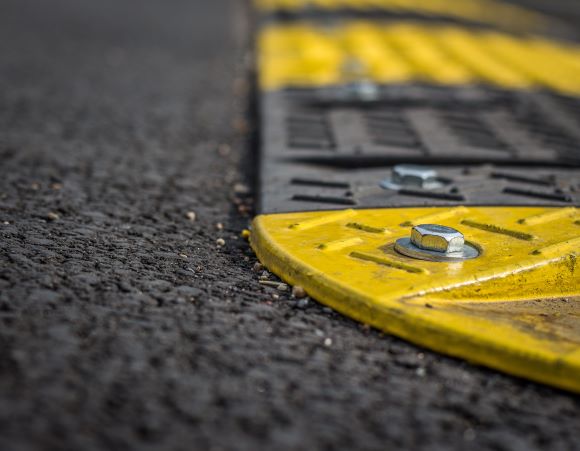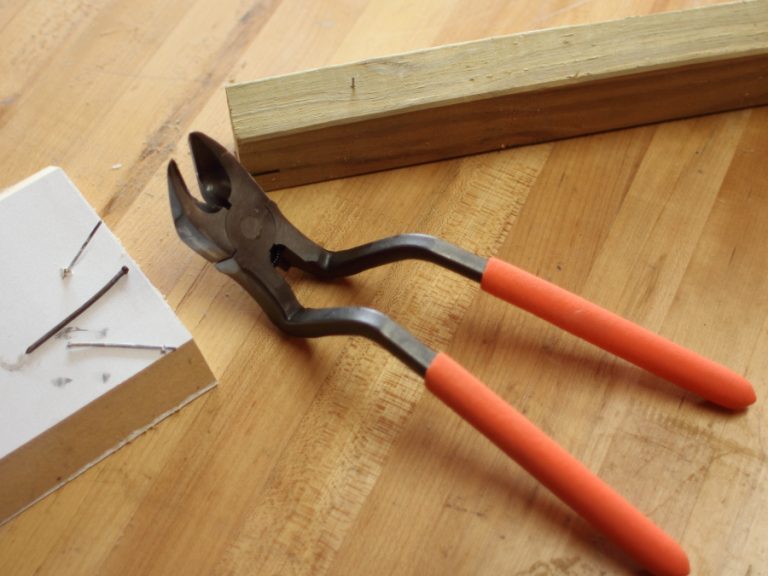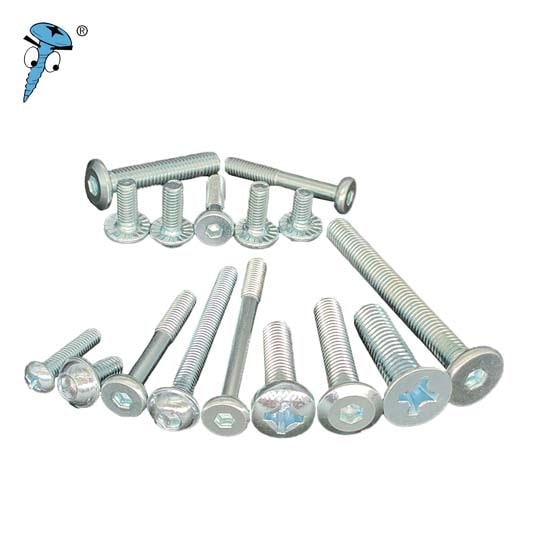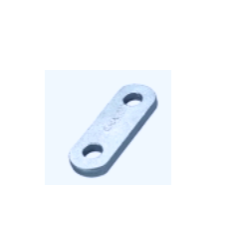Guide to Concrete Screws and Concrete Fastening
Guide to Concrete Screws and Concrete Fastening

Concrete is part of every construction job whether it is a DIY or professional, this material provides the necessary strength and durability. And in some point, you will likely need to fasten something to concrete, in which concrete screws are the fundamental components you can use. This article will explore the important information and details to know about concrete screws and concrete fastening.
What are Concrete Screws?
Concrete screws are designed for use with concrete materials, they can easily work with the hard surface because of their special threads. This feature also allows them to provide a secure hold and connection in the concrete. Typically, concrete screws are made of stainless steel, galvanized steel, or zinc-coated steel which are highly resistant to corrosion and durable.
Different Types of Concrete Screws and Fasteners
Here are the various types of concrete screws which have their own unique features to provide in applications.
Tapcon Screws
Also known as masonry screws as they are commonly applied in masonry, the Tapcon screws have hexagonal heads for easy installation with a screwdriver or impact wrench. As a popular choice among other types of concrete screws, this screw is also comprised of special threads that can cut into concrete and provide a secure hold. Tapcon screws are available in various sizes for different applications.
Sleeve Anchors
Sleeve anchors have threaded stud and cylindrical sleeve that expands when tightened to create a strong grip on the surface. This type of fastener is suitable for heavy-duty work that involves anchoring heavy loads to concrete.
Wedge Anchors
This fastener is also used in heavy-duty applications like securing machinery or structural elements to concrete. Wedge anchors work similarly to sleeve anchors by having a wedge-shaped piece that expands within the concrete when installed to provide a secure connection.
Concrete Screws with Plastic Anchors
This type of concrete screw is preferably used in lighter loads as they can be easily installed using standard tools. Concrete screws with plastic anchors expand when the screw is inserted in the hole in which it firmly anchors itself into the concrete.
How to Install Concrete Screws
Regardless of which type of concrete screws are being used, these general instructions will tell you how to install concrete screws:
- Prepare the Surface: Clean the surface of the application by removing any dust, debris, or loose material using a wire brush or compressed air to ensure a smooth surface.
- Drill Holes: Pre-drilling holes in the concrete can help the screws penetrate the material easier and prevent them from potential risk of breakage. Ensure the correct diameter and depth of the hole according to the fastener manufacturer’s instructions.
- Insert the Fastener: Insert the concrete screws or fasteners into the pre-drilled holes using a regular power drill or hammer drill for heavy-duty concrete screws.
- Tighten the Screws: Using the proper tools such as a wrench or socket wrench, tighten the concrete screws until they are secured in place and ensure they are not overtightened as this will lead to weakening the components over time.
- Test Load: Allow sufficient time for testing the assembly according to the fastener manufacturer’s instructions before subjecting it to its intended load.
Need high-quality concrete screws and custom fasteners? Visit Prince Fastener Manufacturing Co., Ltd. for wide variations of standard and non-standard fasteners or tools. Contact us for your inquiries now!



